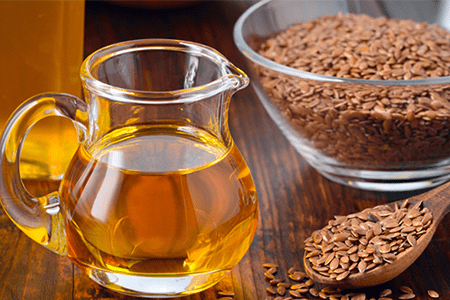
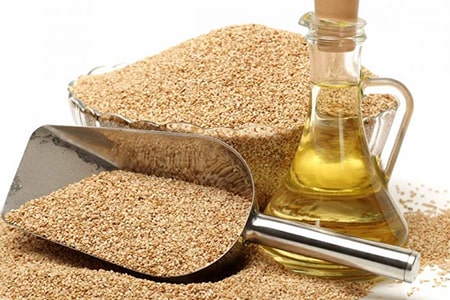
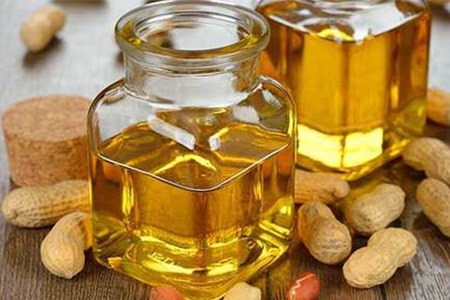

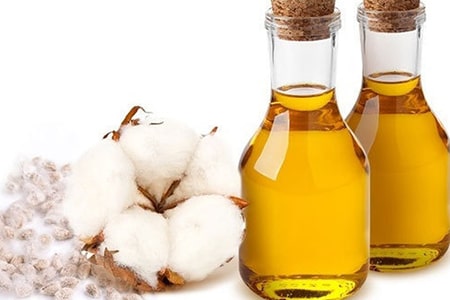
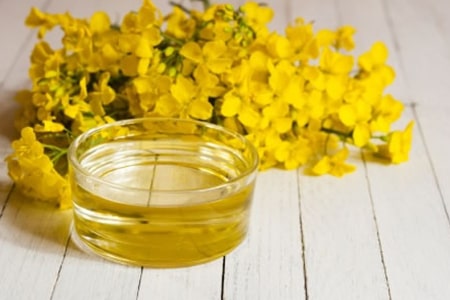
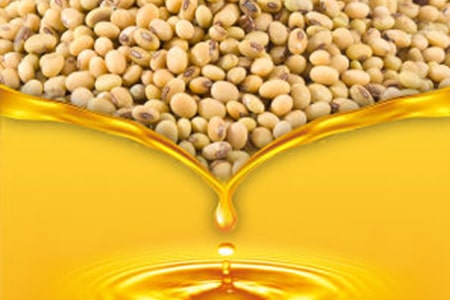
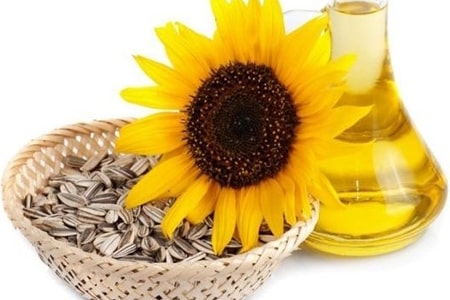
Oil Seed
Our products have been widely appreciated by our customers for their different features like superior quality, freshness, purity etc. our agricultural products are available at very affordable prices
Innerolac is engaged in the processing, refining, merchandising and distribution of oilseeds products such as soybean oil, rapeseed oil, sunflower seed oil, cottonseed oil, canola oil, flax seed oil, sesame seeds oil, peanut oil.
Peanut
Peanut is an annual herb that grows 30 to 50 cm. The leaves are opposite, pinnate with 4 leaflets, each 1 to 7 cm long and 1 to 3 cm broad. The flowers are a typical pea flower in shape, 2 to 4 cm across, yellow with reddish veining. After pollination, the fruit develops into a legume 3 to 7 cm long, containing 1 to 4 seeds, which forces its way underground to mature. The pods ripen 120 to 150 days after the seeds are planted. The pods will be unripe if the crop is harvested too early. If they are harvested late, the pods will snap off at the stalk, and will remain in the soil.
Origins and cultivation:
The cultivated peanut was probably first domesticated in the valleys of Peru. Archeologists have dated the oldest specimens to about 7,600 years found in Peru. Cultivation spread to as far as Mesoamerica and European traders later spread the plant worldwide. The legume gained Western popularity when it came to the United States from Africa. It had become popular in Africa after brought there from Brazil by the Portuguese around 1800.
Uses:
In Indian subcontinent, people savor the salted and roasted groundnuts as a snack. However, its major use in India is the extracted oil used in cooking. In the US, peanuts are used in candies, cakes, cookies, and other sweets. They are also enjoyed roasted and salted. Peanut butter is one of the most popular peanut-based foods in the US.
Nutritional value:
Peanuts are rich in nutrients, providing over 30 essential nutrients and phytonutrients. Peanuts are a good source of niacin, folate, fiber, magnesium, vitamin E, manganese and phosphorus. They also are naturally free of trans-fats and sodium, and contain about 25% protein (a higher proportion than in any true nut). While peanuts are considered high in fat, they primarily contain "good" fats also known as unsaturated fats.
Specification:
Bold or Runners, Java or Spanish and Red Natal's
Indian HPS Groundnut Kernel – Bold 38/42, 40/50, 50/55, 60/70, (Moisture – 7% – 8%)
Indian HPS Groundnut Kernel – Java 50/60, 60/70, 70/80, 80/90 (Moisture – 7% – 8%)
Groundnut in shell
Packaging:
P. P. Bag – 55.12 lb / 25 kg or 110.23 lb/ 50kg
Jute Bag – 110.23 lb / 50 kg
Vacuum -25kg
Sesame Seeds
Natural Sesame Seed contains all the natural nutrients of sesame seeds; it is rich source of edible Oil & is counted among the most nutritious seed because of its protein & valuable amino acids content. It is cleaned as per buyer requirements to assure quality and safe food standards.
It is available as Natural White, Black, Brown, Golden and Crushing Quality in variety of grades.
Specification:
Natural white sesame seed
Natural whitish 99/1, purity 99.90%, Sortex cleaned
Natural whitish 99/1, purity 99.50%, machine cleaned
Natural whitish 99/1/1, purity 99%
Natural whitish 98/2/2
Crushing Grade sesame seed (for oil extraction) natural and hulled
Natural black sesame seed:
Black, Sortex cleaned, 99.95% purity
Black, machine cleaned, 99.50% purity
Black 99/1/1
Black 98/2/2
Packing
10kg 15kg , 25kg, 50 kg
Hulled Sesame Seed
The husk (skin) of these seeds is removed & hence is called as "Hulled Sesame Seeds". Prior to hulling process, these sesame seeds undergo process of fine cleaning to ensure that the product retains its highest desired level of purity, richness & nutritional value.
Physical Properties :
Color: White – Whitish
Purity:
99.95% (Regular),
99.97% (Semi- Premium),
99.98% (Premium)
Appearance: Oval
FFA : 1.50% max
Moisture: 5.00% max
Flax Seeds
The nutrients in flaxseed may help lower the risk of diabetes, cancer, and heart disease. For this reason, it is sometimes thought of as a functional food, a food that can be consumed to achieve health purposes.
Flax is one of the oldest fiber crops in the world. It is known to have been cultivated in ancient Egypt and China. In Asia, it has played a role in Ayurvedic medicine for thousands of years.
Today, flaxseed is available as seeds, oil, powder, tablets, capsules and flour. It is consumed as a dietary supplement to prevent constipation, diabetes, cholesterol, cancer, and other conditions.
Fast facts about flaxseed
Flaxseed has long been thought to offer health benefits.
It contains fiber, fat, protein, and various minerals and vitamins.
These nutrients may offer protection against cancer, diabetes, and cardiovascular problems.
Consuming ground flaxseeds enables the body to absorb the nutrients more effectively.